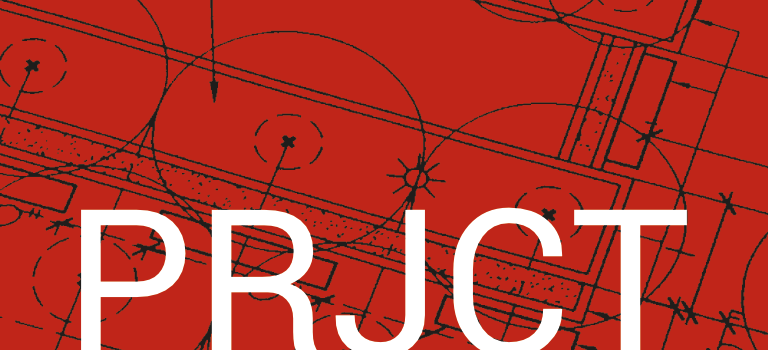
The outbreak of the Covid-19 pandemic particularly threatens the future of artists, creators and cultural operators, who are severely impacted by the enforcement of social distancing measures and the consequent postponements, cancellations or closures of events, live performances, exhibitions, museums and cultural institutions.
Such a situation, with obvious differences among Member States, regions and social groups, has an impact on the possibility for cultural sector workers to go digital and continue their activity, particularly in cultural and creative sectors where employment is precarious. It is also an additional hurdle for artists, writers and newly launched cultural and creative enterprises, which face competition from well-established dominant cultural and creative content providers, with possible consequences for cultural diversity as the study on the 2008 economic crisis indicates.
The current project PALkonnect is engaging cultural, artistic and research organizations to stimulate European awareness and empower people of current and future generations to respect the inclusion and the diversity and to be successful innovators in their local environment.
The overall aim of the project PALkonnect is to support artists from social inclusion groups to present and promote their artworks in post-COVID 19 circumstances and to inspire their cooperation within the European countries. The project aims to equip them with the necessary innovative skills and competences to encourage their creativity and the creation of new art pieces.
Additionally, the main objective of the project is to enhance the promotion and popularity of cultural and historical information about the targeted social inclusion groups in order to increase the public knowledge and integration process. Sharing the personal story and historical facts about each inclusion group will support the integration process and increase the public knowledge.
PALkonnect specific objectives are:
- Introduce and examine the situation of the artists with social inclusion background (Migrants, Refugees, Romani, Disabled people) in the new post-COVID 19 circumstances.
- To enhance artistic skills development and competences that reinforce creativity, as well as to boost quality, innovation and recognition of artists’ work.
- To equip the artists with new skills heling their social empowerment and using the topics part of the training curriculum (Facilitator Programme for integration through arts).
- To assess and pilot the knowledge, skills and competences acquired through non-formal learning of the curriculum modules.
- To accelerate digital transformation and use of digital means to adapt to the way creative products, cultural goods and events are created, managed, disseminated, accessed and consumed (Digital Open Art Studio).
- To reinforce the cross-sectoral and international cooperation with focus on creativity and artistic empowerment and strengthening the cooperation and networking between organizations from 7 EU Countries (Czech Republic, Greece, Italy, Spain, Sweden, Croatia and Romania).
- Provide a recovery plan for artists, using more digital and resilient recovery.
- Equip cultural workers with skills for equity, diversity and inclusion challenges in the learning environment.
